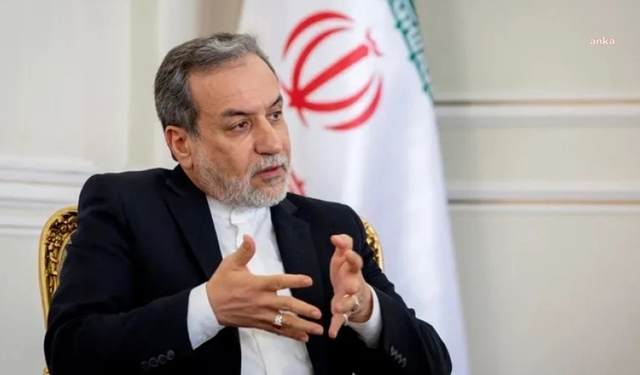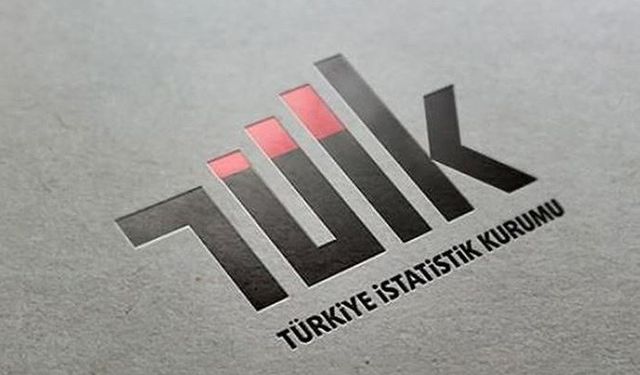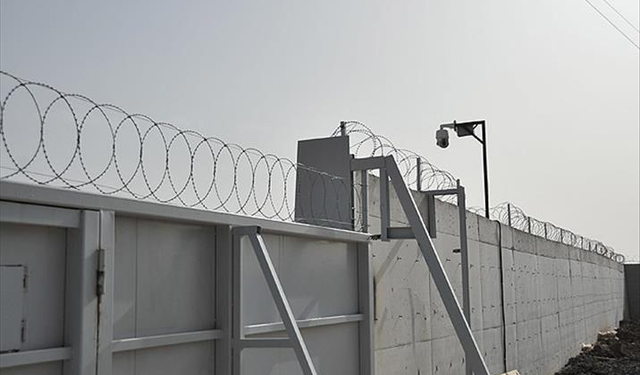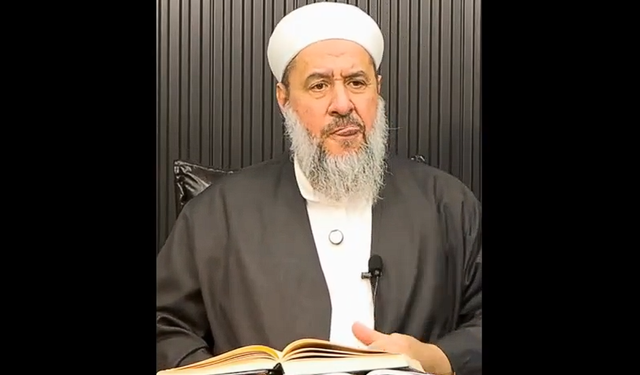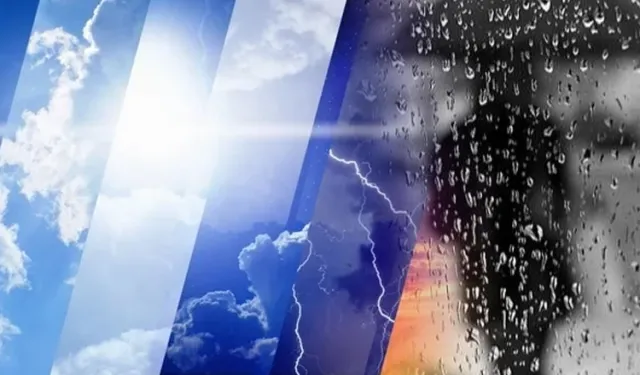It is still early to make a claim on the outcomes of Kazakhstan’s ongoing dramatic crisis. However, as the conflict between world powers escalates, it is becoming more and more difficult for Kazakhstan to maintain its geopolitical balance without being dragged into the conflict. The argument that Kazakhstan found itself directly in Russia's backyard because it opened its door to Russia for aid does not contribute to the analysis. When considered on a geopolitical basis, the balance between Russian and Chinese influence is highly important for Kazakhstan. Turkey, on the other hand, is on the world agenda with Kazakhstan, after Ukraine and Karabakh.
WHAT’S IS GOING ON IN KAZAKHSTAN?
Kazakhstan, the largest country in Central Asia with rich natural resources, is shaken by the developments that broke out after the increase in gas prices and the protests turned into rebellion. Beyond the rise in prices, the anger of the protestors is directed against the authoritarian ex-president Nursultan Nazarbayev, 81, who has ruled the country since 1989, whom they accuse of corruption.
The unfolding situation in Kazakhstan shows that this issue is a problem of internal unrest, however, the expressions "foreign forces" and "foreign provocateurs" used by Kazakh authorities take the issue to a different dimension. On January 7, the president of Kazakhstan, authorized security forces to "shoot to kill" to quell the uprisings that have rocked the country. This shows that the Kazakh administration rejects any possibility of negotiation with the protesters.
KAZAKHSTAN GOVERNMENT CALLED ON RUSSIA TO HELP?
It is necessary to underline another important point in the use of the expressions "foreign powers" and "foreign provocateurs”. Above all, Kazakhstan is a member of the Collective Security Treaty Organization, established as an adverse organization to NATO in the geography of Central Asia. Article 4 of the Collective Security Treaty is equivalent to Article 5 of the North Atlantic Treaty, which states that if one member is threatened, the other members must help. Therefore, it is quite clear that the door of Kazakhstan has been opened to Moscow. This can be understood from Kassym-Jomart Tokayev's thanks to Russian President Vladimir Putin for his help after Russian forces arrived in the region.
Russia's involvement in the process will certainly have benefits for it as well. Demands such as the recognition of the annexation of Crimea, the re-acceptance of Russian as a second official language and the opening of new military bases in the country to Russia have already been expressed as Russian conditions. There is no doubt that, by securing these conditions, Russia will achieve a significant gain in the region.
However, it is necessary to be wary while claiming that Russia's influence in Kazakhstan will increase so easily. Kazakhstan, a founding member of the Collective Security Treaty Organization, renewed a five-year military cooperation agreement with the United States on December 7, 2021. Besides, In a statement made by the Ministry of Foreign Affairs of Kazakhstan a few days ago, it was announced that he had discussed the situation and mission of the Russian forces in the country with the US Secretary of State Antony Blinken. The day before this meeting, the U.S. administration had warned Russian forces against any violation of human rights or any attempt to "take control" of the country's institutions.
On the other hand, it is also necessary to take into account the position of China, which has recently increased its relations with Kazakhstan. China, which imports natural gas from Kazakhstan, seems to have surpassed Russia's investments in the country. In this state of chaos, China, like Russia, has taken side with the Kazakh president and praised him by virtue of his “sense of mission”. However, the strategic plans of China, as well as Russia, on Kazakhstan should be noted.
The Republic of Kazakhstan, declared its sovereignty on its territory as a republic within the Soviet Union in 1990, is an independent state with a Turkic population. Despite this, Russia in the north and China in the east maintain the belief that Kazakhstan is historically part of themselves. While China maintains this belief on the basis of the understanding that the lands of Kazakhstan belong to it in historical framework, Russia does not make one forget that the independence of Kazakhstan was given by the Soviets. Right at a time when the USA left the region militarily, it is normal for Russia and China to cause concern over Kazakhstan.
STRATEGIC RAPPROCHEMENT BETWEEN TURKEY AND KAZAKHSTAN?
In this regard, it would be worthwhile to discuss the arguments put forward in the international press concerning Turkey's strategic rapprochement with Kazakhstan. In fact, in this rapprochement, the possibility of Turkey being the third point of support for Kazakhstan is highlighted.
These arguments could be considered from two perspectives. First, agreements for the purchase of unmanned aerial vehicles (SIHA in Turkish) and armor were reached between Turkey and Kazakhstan in October 2021. Within the scope of the contract, 3 ANKA (uav) and 2 ground control stations will be delivered until 2023. Despite Russia’s potential reaction, Kazakhstan's deal with a NATO member country on drones is an important step between the two countries. Second, the Turkish states, which have linguistic, religious, and cultural affinities for the majority of their populations, have been working for about a year on enhance the efficiency of the Organization of Turkic States. Kazakhstan, the most powerful country in the region, is taking significant steps towards this organization, as well as Turkey. However, cooperation with Turkey in the development of the Organization of the Turkish States, which brings together the five former satellite countries of the Soviet Union in Central Asia and the Caucasus, is not welcomed by Russia.
It is obvious that the export of armed drones (SİHA), developed by Turkey, to the Turkic republics of Central Asia (Kazakhstan, Kyrgyzstan, Turkmenistan) has an important place in the "military geopolitics of the Turkic world.” On the other hand, the fact that the model of the "Organization of Turkic States" has become recently more visible makes it important that this organization may turn into a military and political alliance in the future.
In short, among the Central Asian Turkic Republics, Kazakhstan is a country with a multi-faceted diplomacy that makes a difference in its economy, education and infrastructure investments. Taking into account both Russia, China, and the West concurrently, and having a particular perspective on Turkey, Kazakhstan's reading of the region and global politics is valuable. While Kazakhstan is so poised even when passes Russian forces in its country, the argument that Kazakhstan will turn into Russia's backyard due to the current crises is an argument without solid ground. In such a state of chaos, nevertheless, it is almost inevitable that the dynamics that will affect the geopolitics in the region will be impelled.







